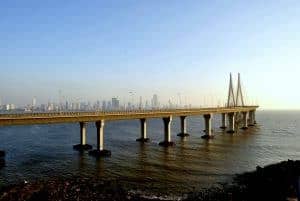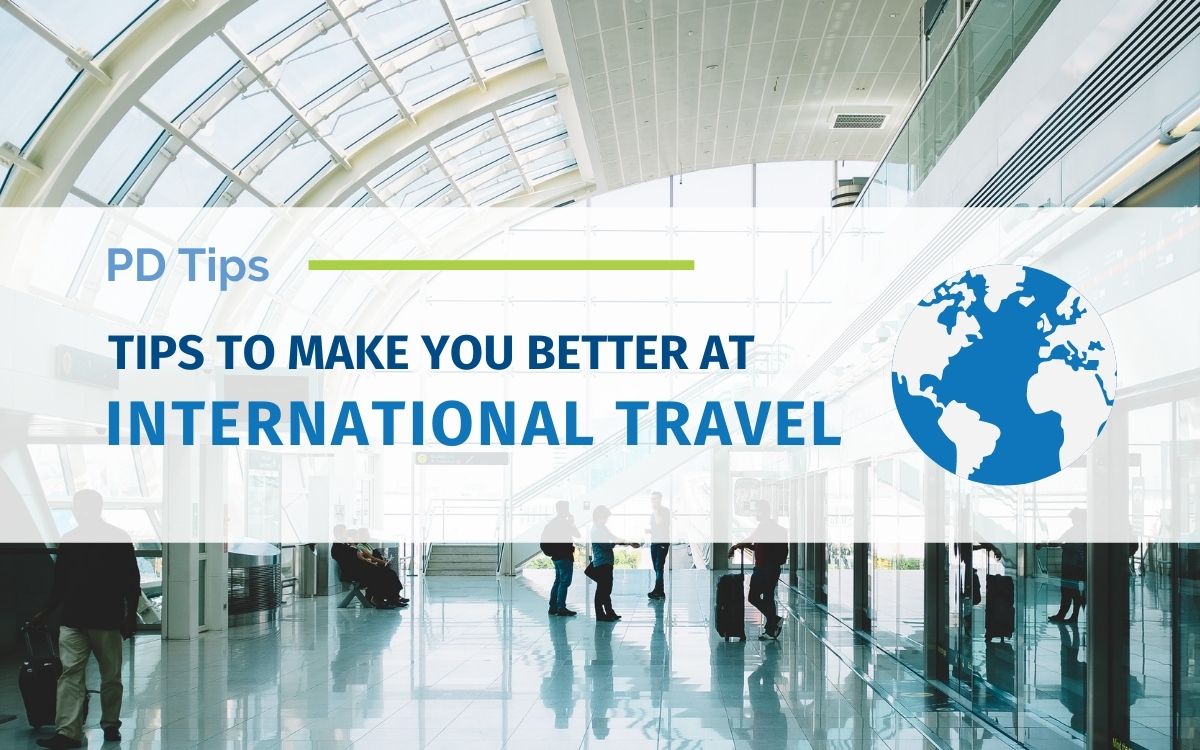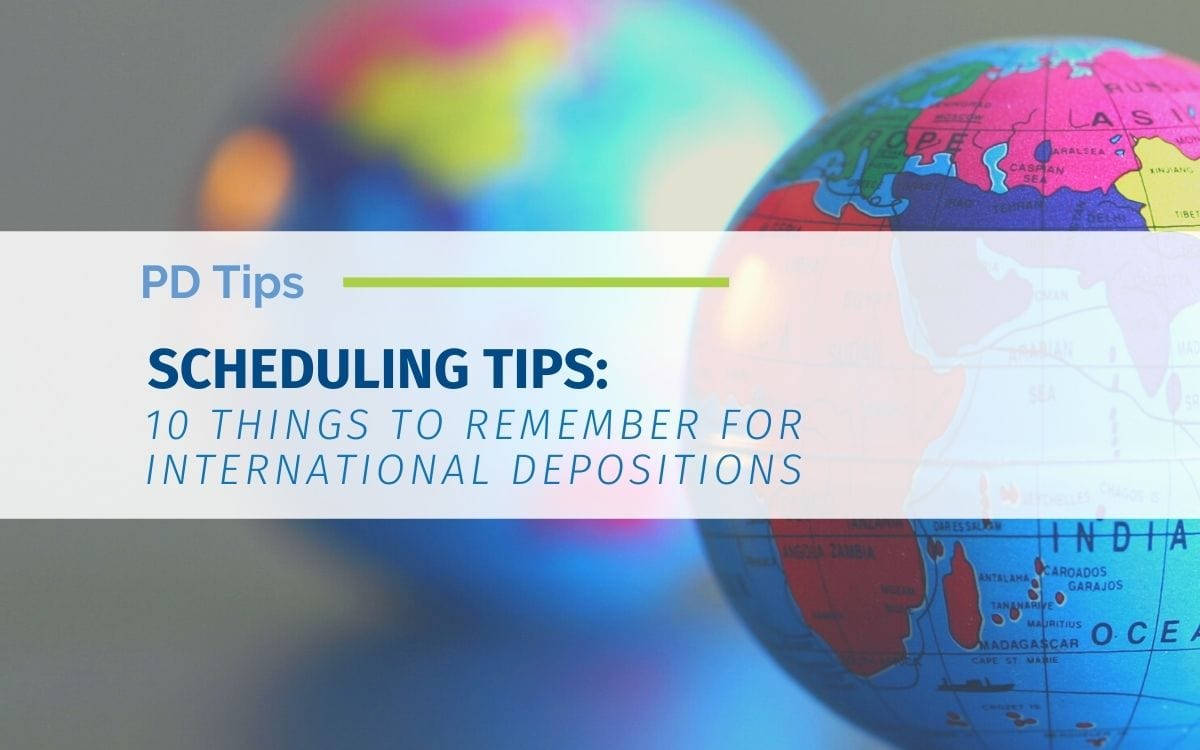The 4 Most Challenging Countries for Depositions (And Solutions!)
By Katelin Myers
Taking an international deposition can be a difficult task all on its own, but add The Hague Evidence Convention regulations, and there is a whole new challenge to behold! However, with this quick guide, it won’t be all that tricky to jump through the hoops:
Depositions in Japan
Challenge: All depositions must be taken with prior permission (at least six weeks in advance) at the U.S. Embassy in Tokyo or the U.S. Consulate in Osaka, and rooms must be reserved ahead of time. All non-Japanese residents must apply for a special deposition visa to attend.
Solution: If you have enough time, you can use the extra weeks to go down the deposition checklist: secure your team, submit a Court Order, apply for your visas, etc. If you’re extremely pressed for time and your witness is willing to travel, taking the deposition in a nearby country, such as South Korea or even Guam, can eliminate the regulatory hurdles.

Depositions in Germany
Challenge: All depositions must have approval at least six weeks in advance, be taken at the U.S. Consulate in Frankfurt, and a list of all electronic equipment submitted to the Consulate beforehand.
Solution: The solution is similar to Japan: either use the time to go down the Germany deposition checklist or travel to a nearby country to take it instead (e.g. Netherlands, Belgium, Czech Republic, etc.).
Depositions in France
Challenge: Prior permission is required for taking depositions in France, and the Letters of Request must be submitted in French, along with all of the details for the deposition (location, witness name, address, etc.). Depositions must take place at the U.S. Embassy in Paris or one of the many Consulates throughout the country.
Solution: Have a location and team ready for the approval, along with backup dates, so you’ll be set to book once permission is granted. Also, to avoid any delays, have translation services at the ready when your request is approved.

Depositions in India
Challenge: Prior permission is required for taking a deposition in India, and you must have a visa in order to attend (processing times vary). Obtaining a visa is challenging in and of itself, as you need various forms of documentation, including an invitation to enter the country from an Indian attorney.
Solution: If you don’t have time to obtain a visa and permission, there is always the option for the witness to travel to a nearby country where requirements are looser. However, if your witness can’t travel, the deposition can be taken via videoconference with the reporter attending from the States.
For more helpful tips or to schedule an international deposition, contact Planet Depos at international@planetdepos.com or 888.433.3767.
Read More From Planet Depos

How to Renew your Passport
International travel is taking off! International depositions are scheduling, so renew your passport with these step-by-step instructions.
Read Now View Full Post
12 Tips to Make You Better at International Travel During A Pandemic
International travel can be tricky, especially when you’re on the job. Here are 12 quick tips that will help you be better at international travel.
Read Now View Full Post
10 Important Tips for Scheduling an International Deposition
The process of scheduling an international deposition can have several moving pieces, here are some of our best tips to remember when scheduling.
Read Now View Full Post
How To Take A Deposition in Modugno, Italy
Although global travel has essentially been put on hold due to the COVID-19 pandemic, you can still plan ahead for your next deposition abroad.
Read Now View Full PostSchedule a Proceeding Today!
Your remote mediation should be simple, and with Planet Depos yours will be. Schedule today and we’ll get you set up with a Zoom room, a PD Technician, and everything you need to get started.
Schedule now